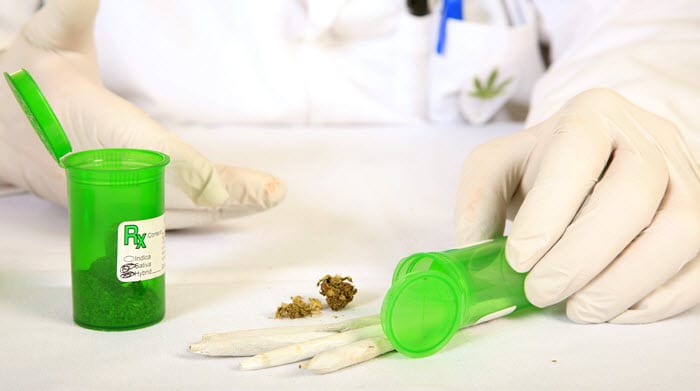 Free Consultation
(610) 667-7511
Free Consultation
(610) 667-7511
 Free Consultation
(610) 667-7511
Free Consultation
(610) 667-7511

Glioma in adults is one of the most aggressive forms of brain cancer with low survival rates when in advanced stages. Patients with glioblastoma (grade IV glioma) typically don’t survive past three years after diagnosis. This cancer attacks the brain with fast growing tumors that greatly impact the proper functioning of the brain. This disease is heart breaking for those diagnosed and for their loved ones. However, studies are revealing that medical marijuana may benefit in much greater ways than simply pain relief.
A study done on mice shows that the two ingredients found in marijuana may drastically reduce the growth of brain cancer cells, resulting in the elimination or shrinking of tumors. Given in low doses, the patient will not have the side-effects of feeling “high” , as the active ingredient, THC, will be combined with in-active ingredient, CBD, in small doses, but will still reap the benefits of cannabinoid’s cancer killing properties.
Typical treatment for this type of cancer involves surgery combined with chemotherapy and radiation. However, in many cases, the tumor survives and begins to grow back. In this new study, researchers found that when introduced to mice with glioma, cannabinoids were able to prevent some of the genes responsible for the regrowth of tumors. Furthermore, researchers tried this same process on extracts from two human patients with glioblastoma and found the same results.
These findings could be extremely beneficial to those fighting for their life and in need of a new alternative.
Here, in Pennsylvania, medical marijuana can be obtained for management of specific illnesses but is still very hard to get a prescription for as its legalization is a new development.
This new research has a long way to go before it is put into action. Currently, medical marijuana is only being used to manage the pain and side-effects of certain diseases. Its healing properties have not yet been harnessed. If studies continue, marijuana may be a key stepping stone in the fight against brain cancer.
LOWENTHAL AND ABRAMS, P.C.

Contact us for a FREE consultation. No fee unless compensated.